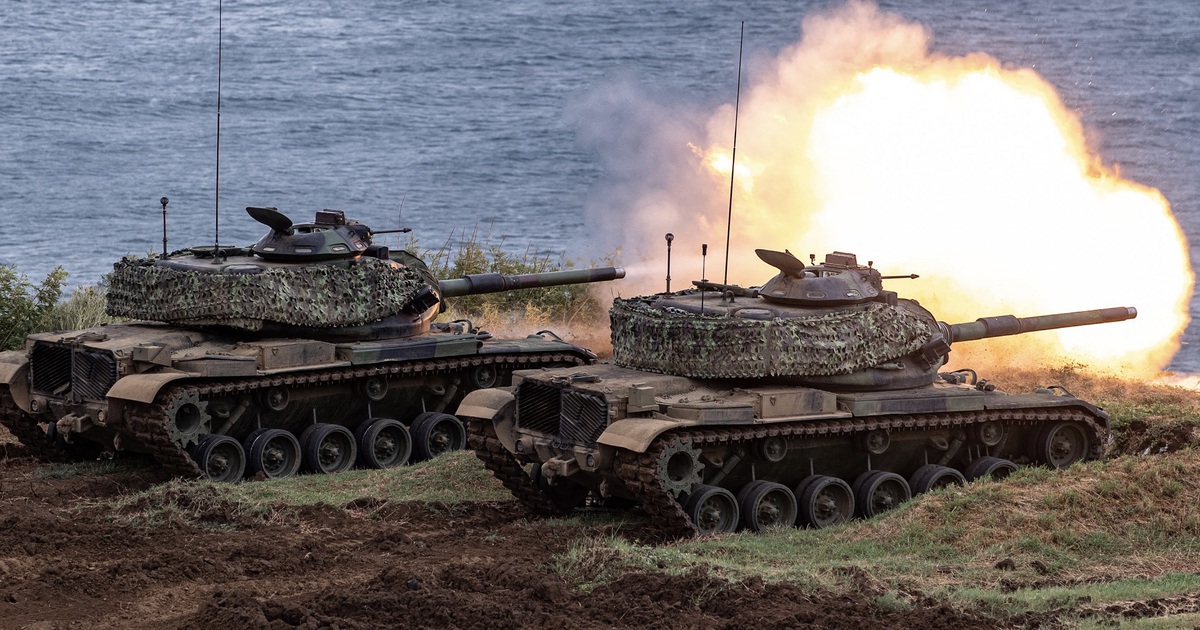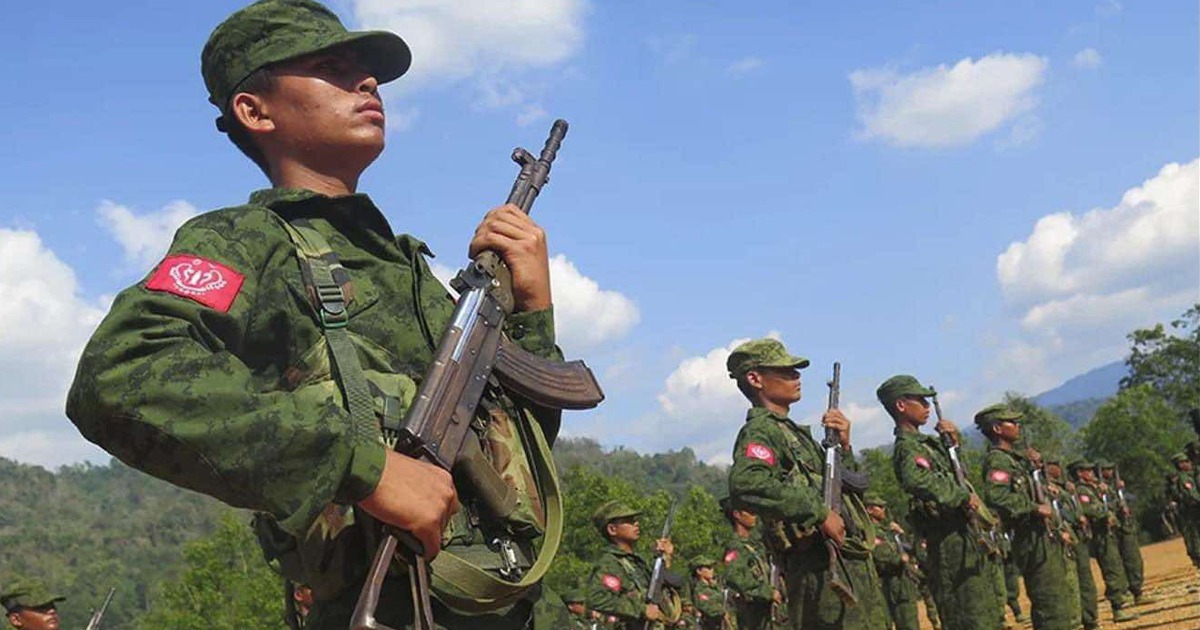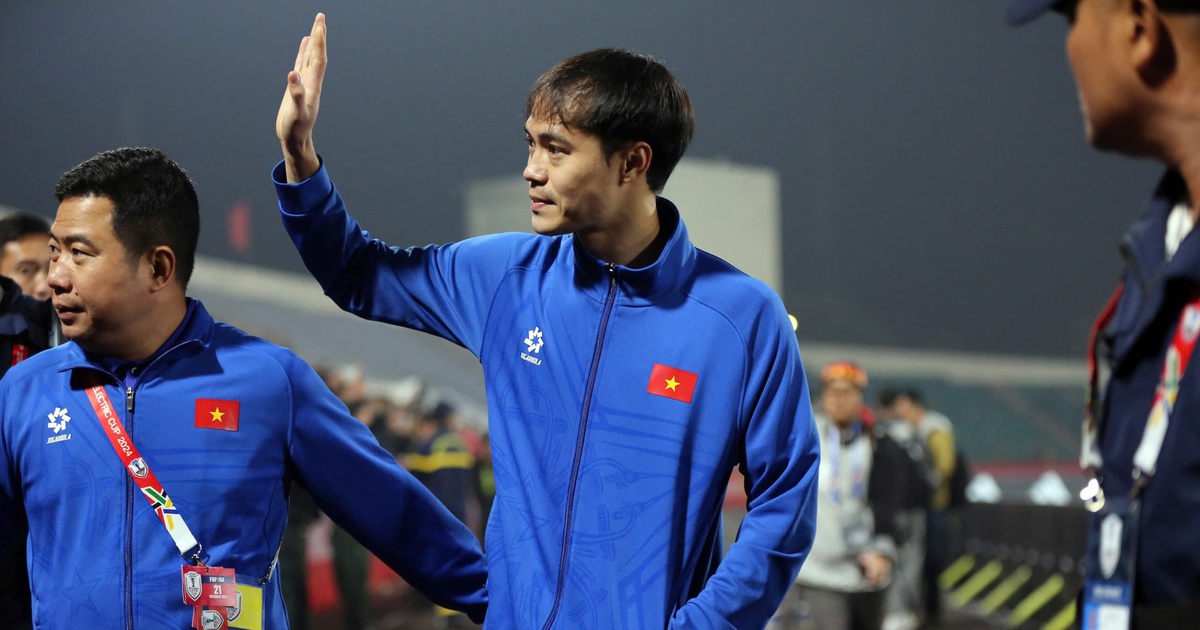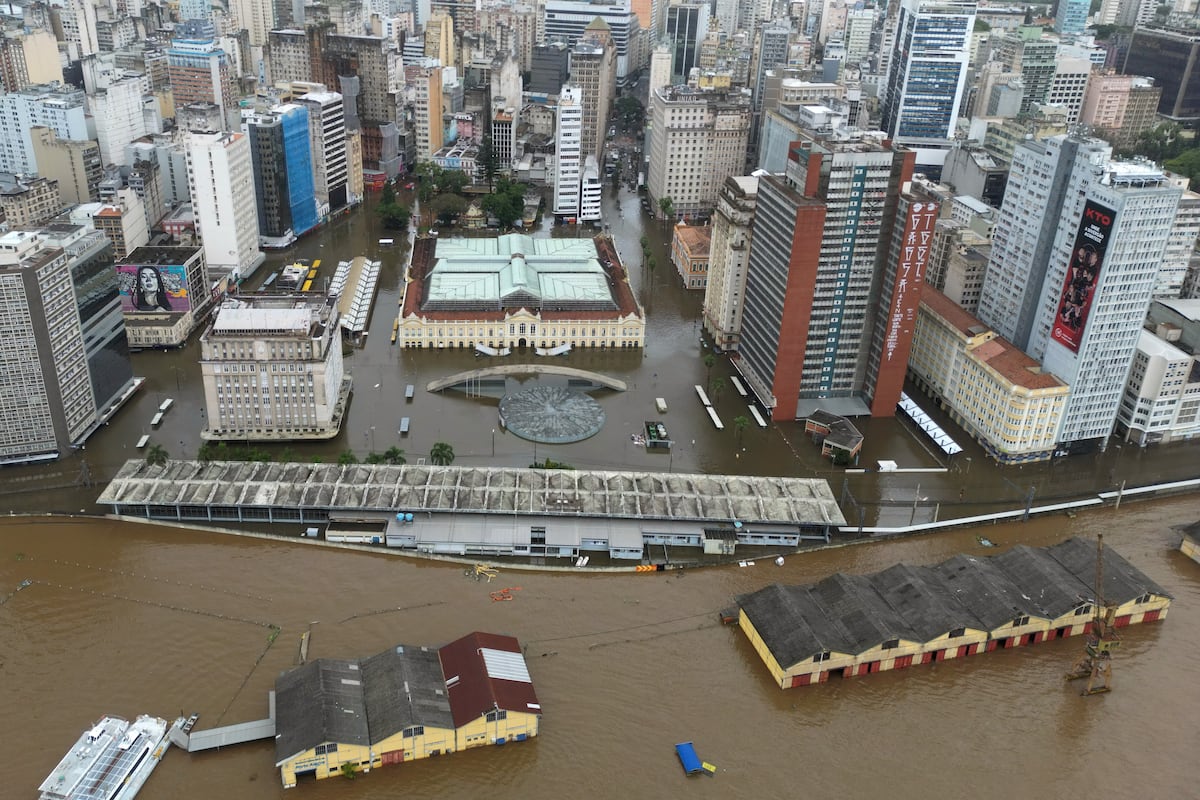The dismissal of the Russian Defense Minister, Sergei Shoigu, has caused an earthquake in the Armed Forces. The cornering of the veteran politician, one of the people closest to President Vladimir Putin, and the arrest at the end of April of his right-hand man, Deputy Minister Timur Ivanov, for alleged massive bribes, have been received in some sectors of the army with euphoria and in others with suspicion.
For part of the military and some influential war bloggers—whom the Russian president invited to the Kremlin last June to analyze the deficiencies of his forces—the dismissal has been a blow by Putin against what they call the Rubliovka clan, the luxurious Moscow neighborhood where Shoigu and other members of the elite own mansions. However, the war does not give up and the head of military planning on the Ukrainian front, the head of the Russian General Staff, Valery Gerasimov, is now in a precarious situation. The Kremlin has reaffirmed the commander in his position for now, but doubts remain about his near future and his removal could cause a domino effect in the Russian ranks.
“Fireworks launching at military installations, general rejoicing on social networks, endless congratulations through telephone chats: all this speaks for itself,” was the summary of one of the most popular and close Russian war bloggers. Wagner, Semyon Pegov—known as WarGonzo—, to his more than one million followers on Telegram.
Shoigu’s departure will probably take with it all or a large part of his deputy heads, as acknowledged by the chairman of the State Duma defense committee, Andrei Kartapolov, while praising Putin for his decision: “The president does not He is wrong on personnel matters.”
The Kremlin was quick to highlight this Sunday that Shoigu’s departure did not entail any revolution in the high command leading the war against Ukraine. “This appointment will not change the current coordinate system in any way. The military component has always been the prerogative of the chief of the General Staff, and will continue with its activities. At the moment no changes are planned in this regard,” declared Putin’s spokesman, Dmitri Peskov, as soon as the news was known.
Military operation stranded
Join Morning Express to follow all the news and read without limits.
Subscribe
Gerasimov was appointed sole commander of all forces deployed against Ukraine in January 2023. Although his army stopped the Ukrainian counteroffensive a few months later, the chief of the General Staff has not managed to defeat his rival on the battlefield and in the operation. special military remains stuck in a war of positions. Russia has paid for the minimal progress achieved in these months at an enormous human and material cost.
“With a high degree of probability, in a few months General Gerasimov will be replaced by a younger and more creative soldier,” Ruslan Pukhov, director of the Center for Analysis of Strategies and Technologies (CAST), tells this newspaper. , one of the main think tank of Russian military affairs.
The Kremlin does not expect a revolution on the front, but a long war, as Pukhov observes: “The appointment of a famous economist to the post of defense minister means that Putin is committed to a long war of attrition.”
A similar opinion is expressed by renowned analyst Mark Galeotti on his YouTube channel. “I wouldn’t be surprised to see a new chief of staff as soon as [el nuevo ministro]Andrei Belousov, put his foot in the department given that Gerasimov has proven to be a somewhat bad chief of the General Staff in times of war, without imagination and tending to undertake operations with enormous waste (of forces), and, above all, not having willingness to tell Putin some realities of the war.”
The mutiny of the Wagner mercenaries in June 2023 marked a turning point in the delicate balance of the army’s factions and the side closest to Yevgeny Prigozhin, head of the company, lost. General Sergei Surovikin, architect of the defensive line against which Ukraine crashed, was removed after spending several weeks under arrest. Now, the dismissal of Shoigu and the possible departure of Gerasimov may once again change the distribution of forces in the military establishment.
“They have made many calls to me from the front. Swear words, joy, surprise. I understood that Putin has surprised. Yes, Vladimir Vladimirovich [el presidente] He knows how to do it, that’s undeniable. Now the wheel will roll quickly downhill,” Dmitri Steshin, war correspondent for the pro-government newspaper, wrote this Monday. Komsomolskaya Pravda.
Factions, arrests and suspicion over relations with China
The appointment of Belousov, an economist outside the Armed Forces, as Shoigu’s successor is seen as a regenerative step by both factions close to the official Kremlin line and by the most dissident ones. Likewise, this blow on Putin’s table has once again opened the ban on criticism after almost a year of silence out of fear. Protests against the high command for the failed conduct of the war reached their peak in the first half of 2023, but several arrests and the death in August 2023 in unclear circumstances of one of their leaders, Prigozhin, silenced all protests. dissenting opinions. Until this Sunday.
Both Semyon Pegov, close to Wagner, and another well-known expert on military affairs more sympathetic to the Kremlin, Alexander Kots, agree that Belousov is a “technocrat” and will probably focus on the purely logistical aspect of the army unlike his predecessor. “Shoigu was also perceived as a civilian within the army. Another thing is that both he and his team considered themselves true generals,” Pégov emphasizes.
Kots, for his part, suggests that the previous equipment benefited some arms sellers over others: “Progress is born in an atmosphere of healthy competition and not from the monopoly of a product when analogues exist. It is necessary to provide all producers with equal opportunities and government support. From drones to electronic warfare systems.”
Shoigu’s cornering has also raised new intrigues and accusations within the army. “Just as there is a pro-Western faction within elite political groups, there is also a pro-Chinese faction to which Shoigu probably belongs,” Pegov says of the general of Siberian origin. In his opinion, the replacement of the minister “is not only a blow to the oligarchic clan of Rubliovka, but also to the chinese party and the influence it has gained in Russian politics these decades.”
Pegov and other dissident bloggers highlight the right hand that Shoigu showed towards some parallel businesses with China. The man who was responsible for all the construction works of the Armed Forces – from the barracks to its patriotic leisure parks -, Timur Ivanov, is now being tried for an alleged bribery of more than 1,000 million rubles, about 100 million euros .
Although Chinese support has been key for Russia to face the sanctions, mistrust hovers over the relations between both powers. Since the Ukrainian war began, several Russian citizens have been detained, including renowned physicists and mathematicians linked to hypersonic missile projects, for allegedly spying for China.
Despite the abrupt departure, Putin compensated Shoigu by giving him the secretary of the Security Council, an advisory body without real power, in which the positions closest to the president have ended after leaving power. Putin held his first meeting by videoconference this Monday, and Shoigu’s predecessor, former Russian spy chief Nikolai Patrushev, was present, without a nominal position, but with great power in the shadows due to his close proximity to Putin and the ties of both with the FSB, heir to the former KGB.
Follow all the international information onFacebook andxor inour weekly newsletter.
.
.
_









